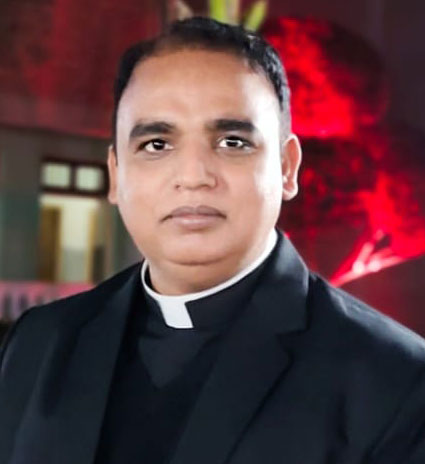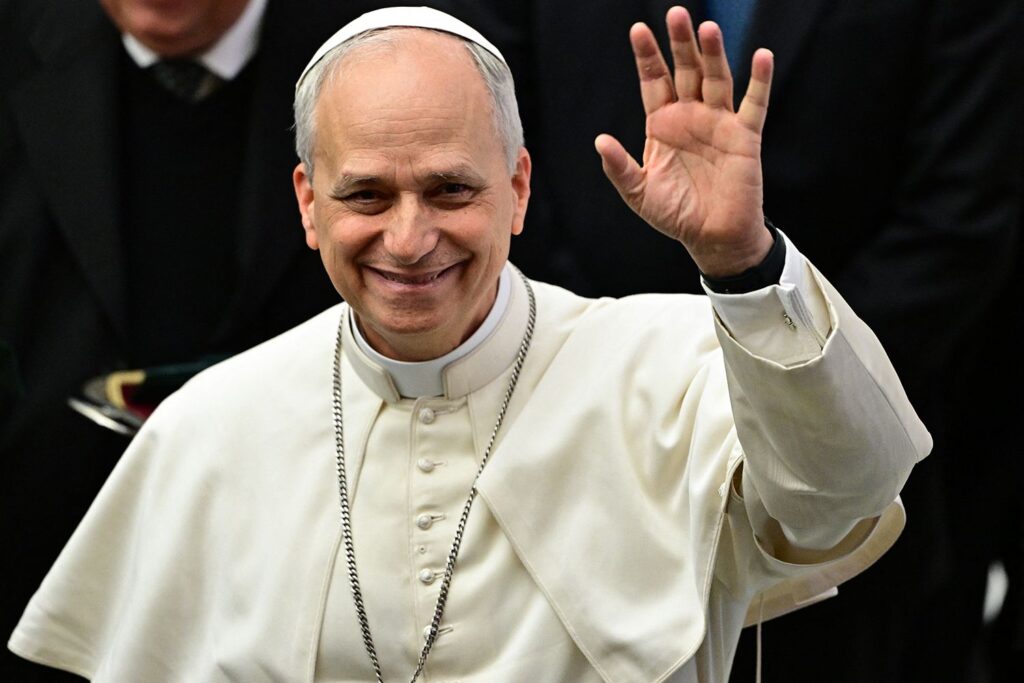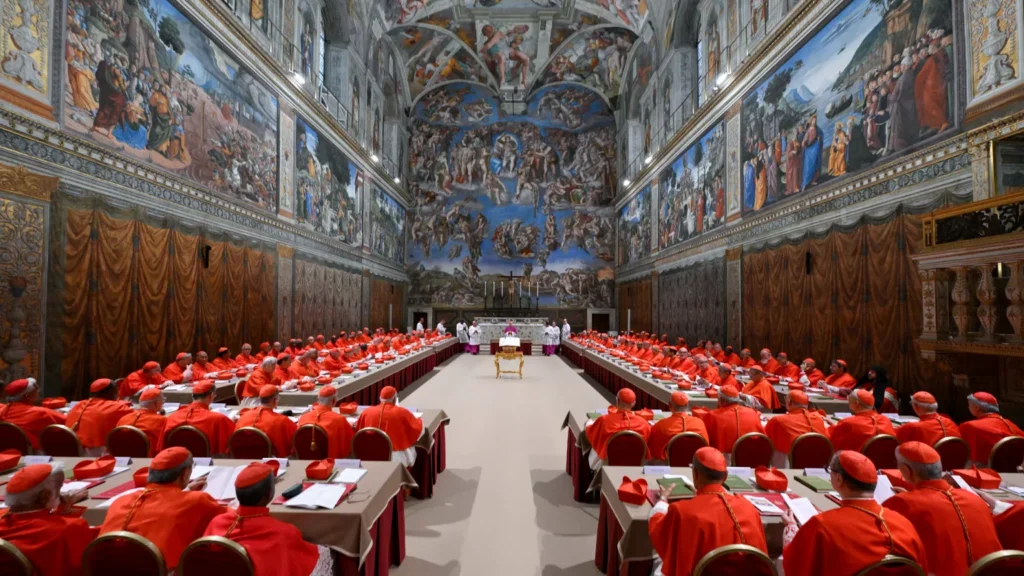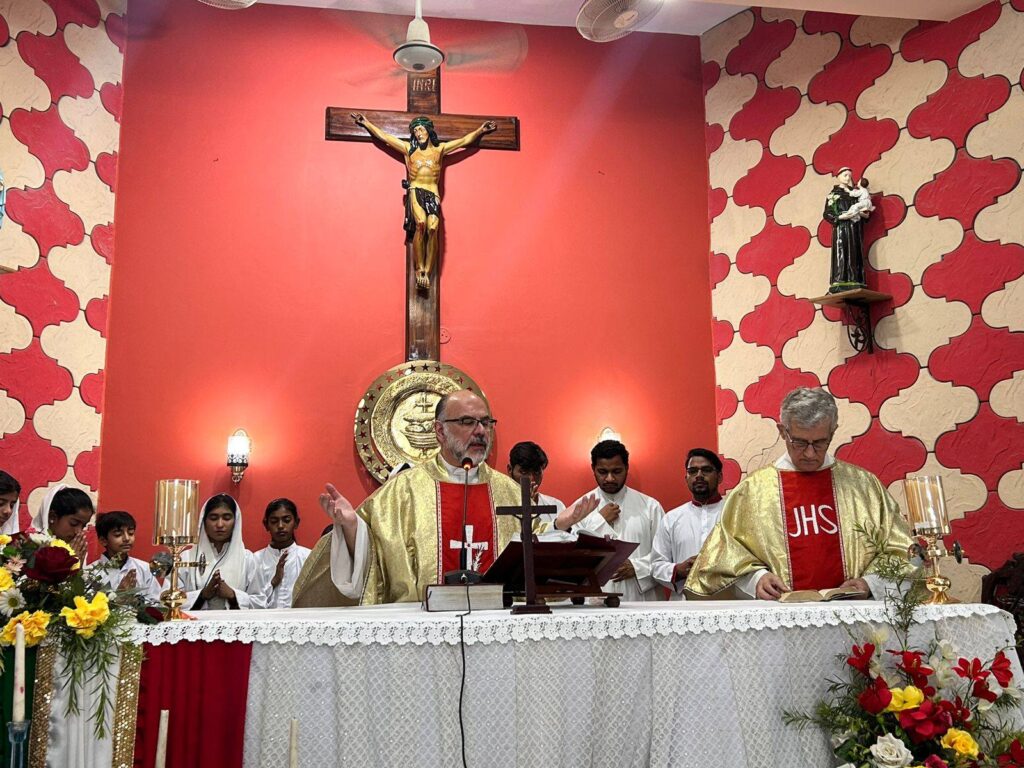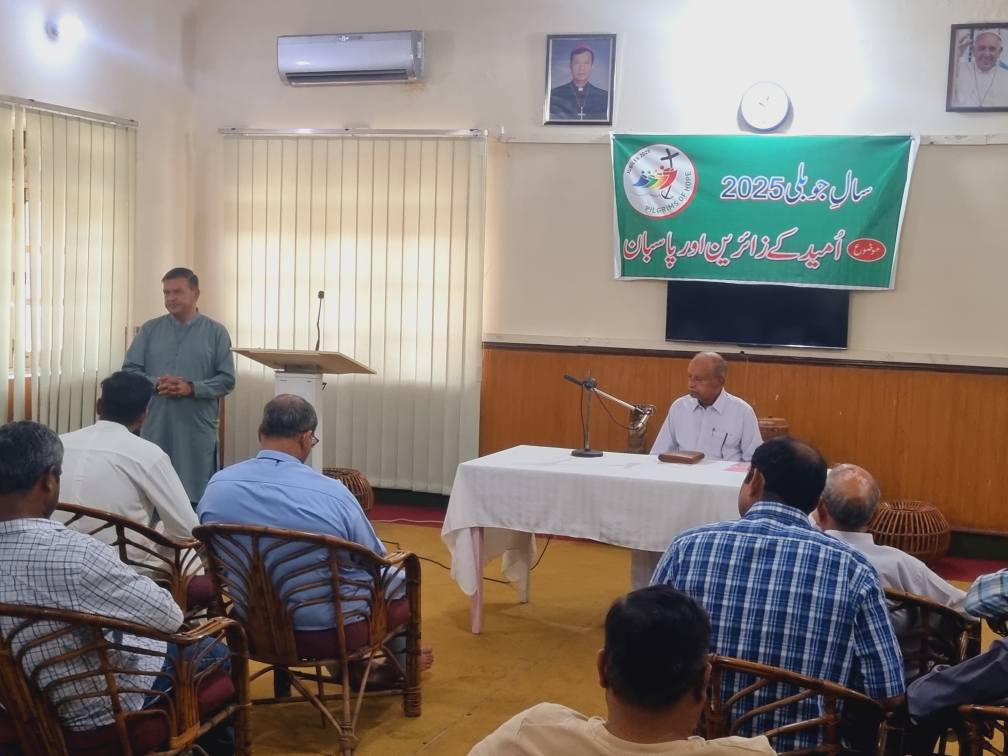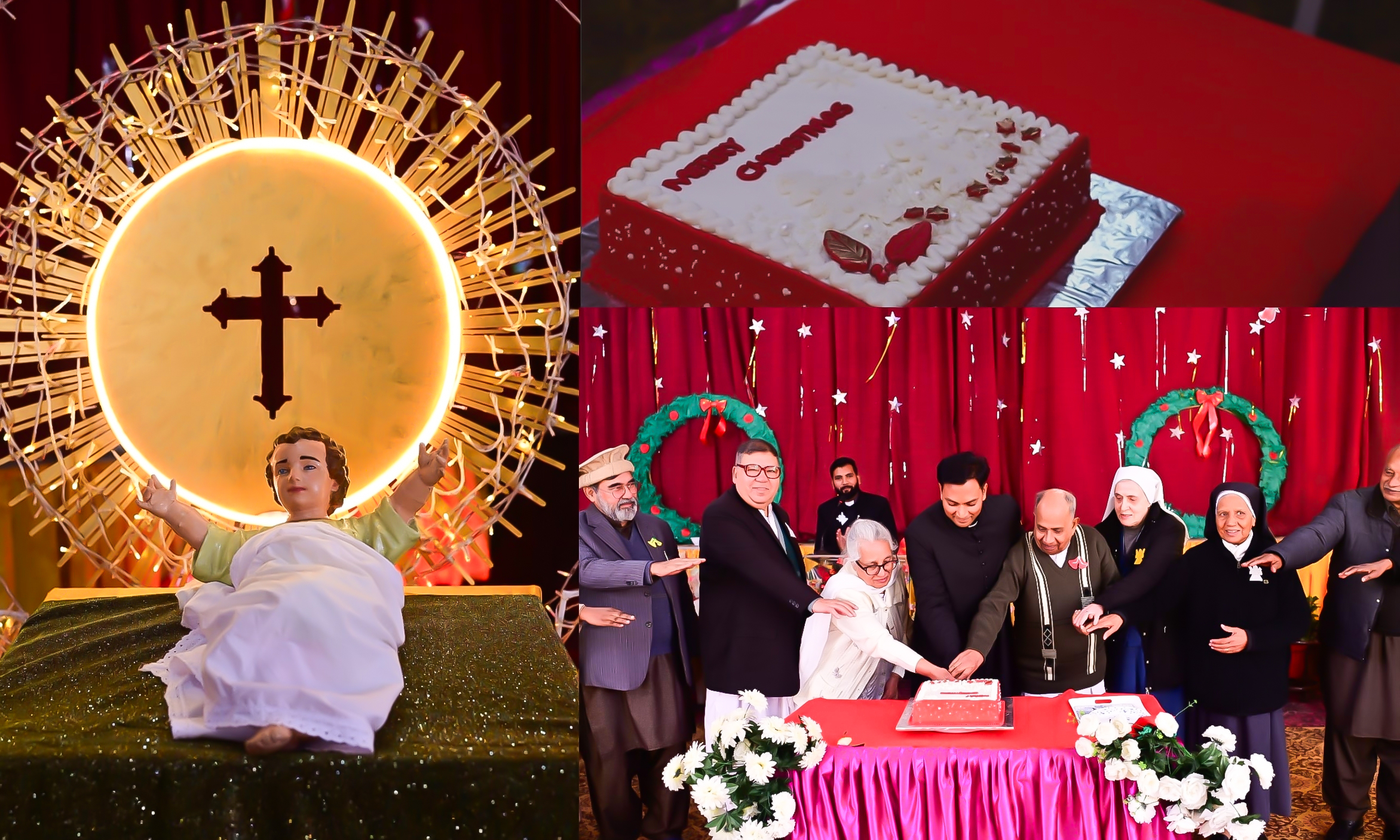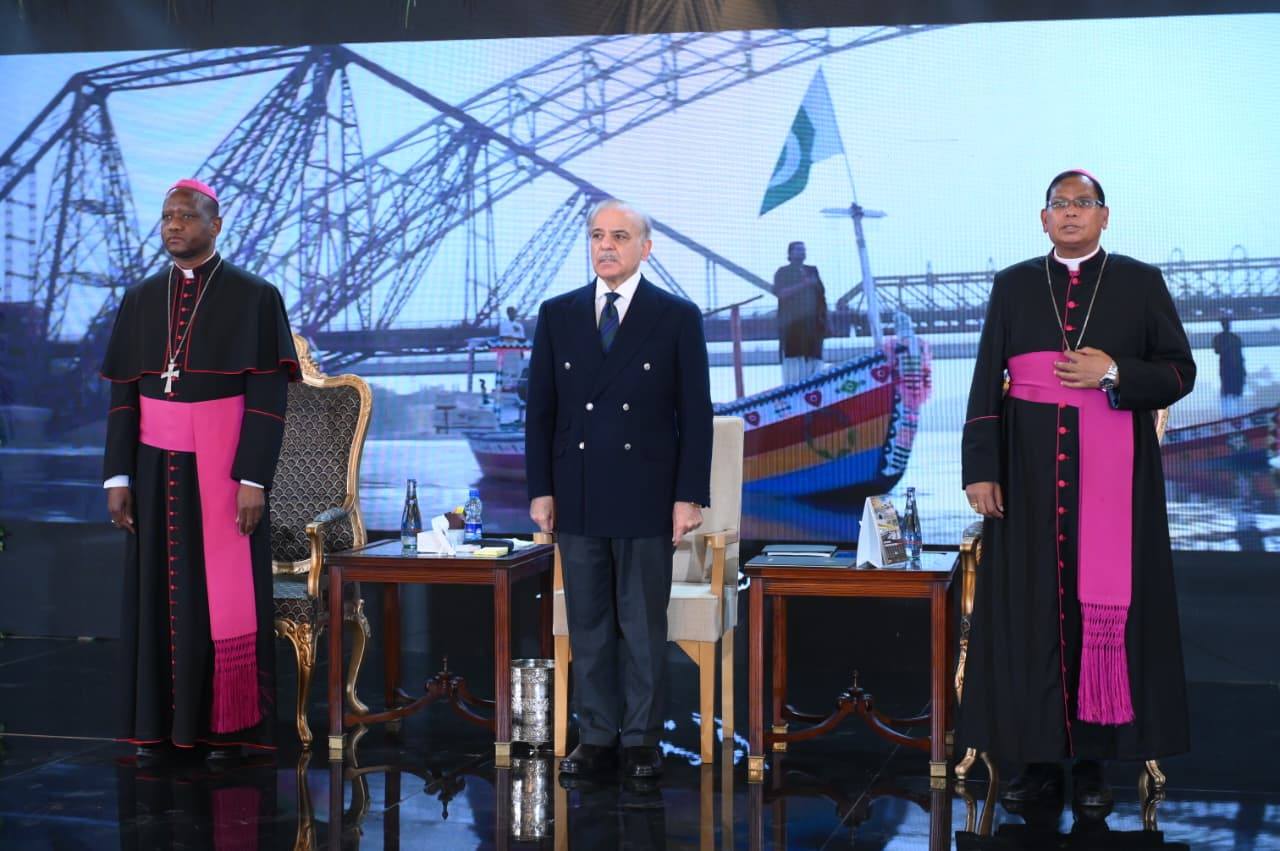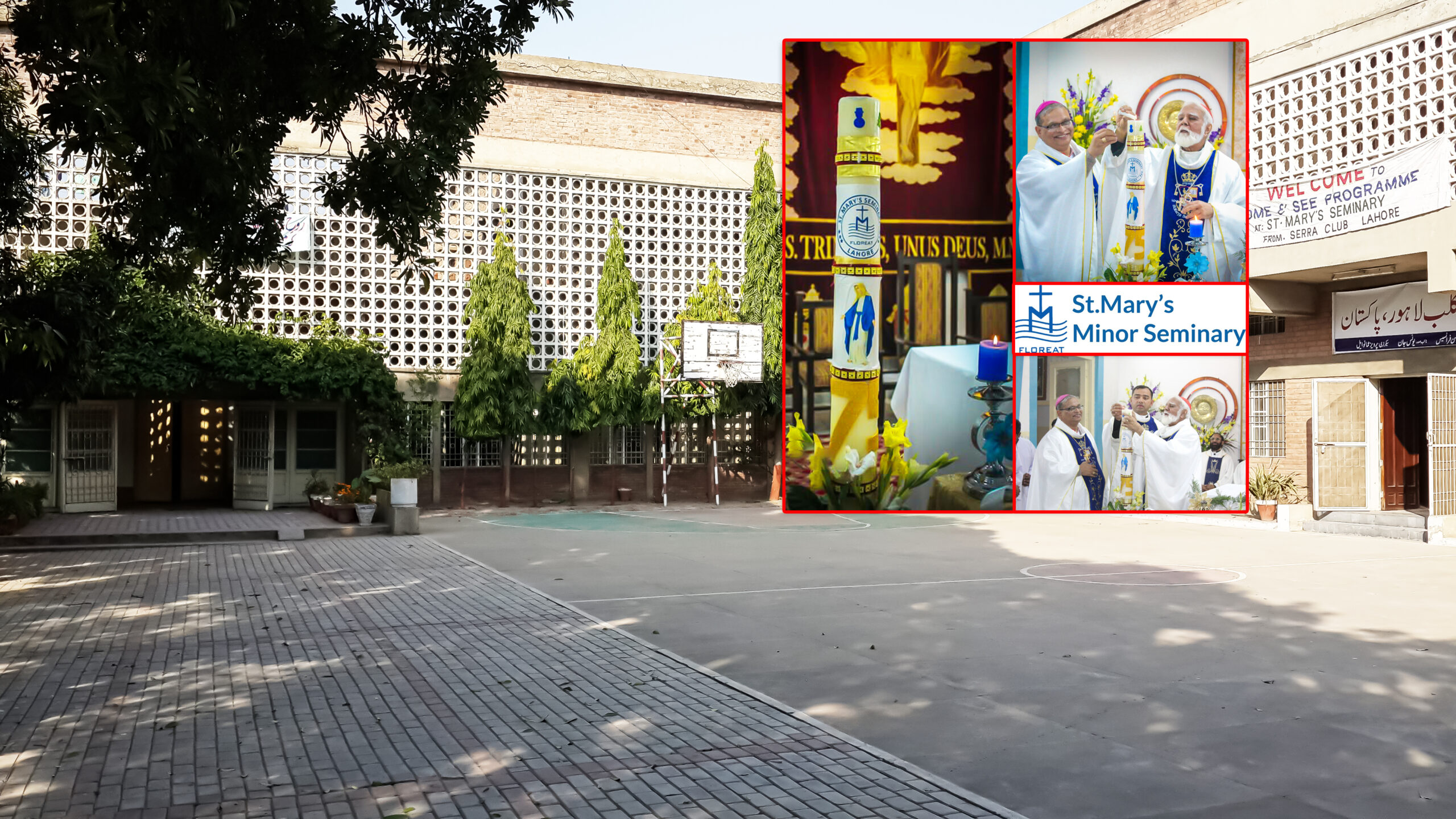A New Publication by Fr. Shahzad Aquinas, OP
The Dominican Order in Pakistan has presented another milestone in theological research with the publication of Newman’s Influence on Dei Verbum by Fr. Shahzad Aquinas, OP. This scholarly work, published by the Catholic Bible Commission Pakistan (CBCP), examines the theology of St. John Henry Newman, particularly his doctrine of divine revelation, and highlights its profound influence on the Second Vatican Council’s Dogmatic Constitution on Divine Revelation (Dei Verbum).
Context of Newman’s Thought
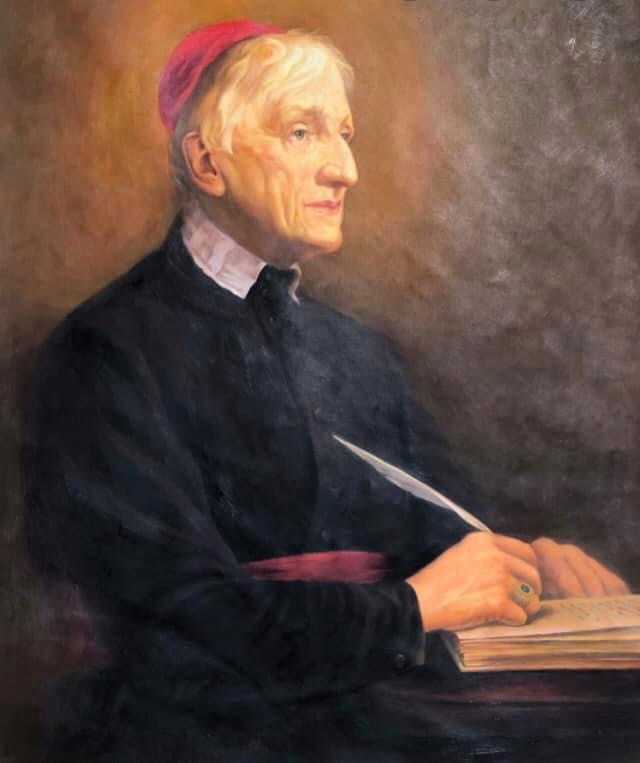
John Henry Newman (1801–1890) lived during a time of rapid transformation in European society: the Industrial and Technological Revolution, the rise of socialist movements, growing secularization, and a visible trend of de-Christianization. In this cultural context, Newman observed that religion was increasingly marginalized and that debates about faith and rationality were reduced to abstract philosophical categories. Newman sought to show that there was no contradiction between faith and reason, between scientific truth and religious truth.
His reflections on revelation—understood as “God’s voice speaking” and “the manifestation of the Invisible Divine Power”—remain central to Catholic theology today.
Structure of the Book
Fr. Shahzad’s study is divided into two major parts:
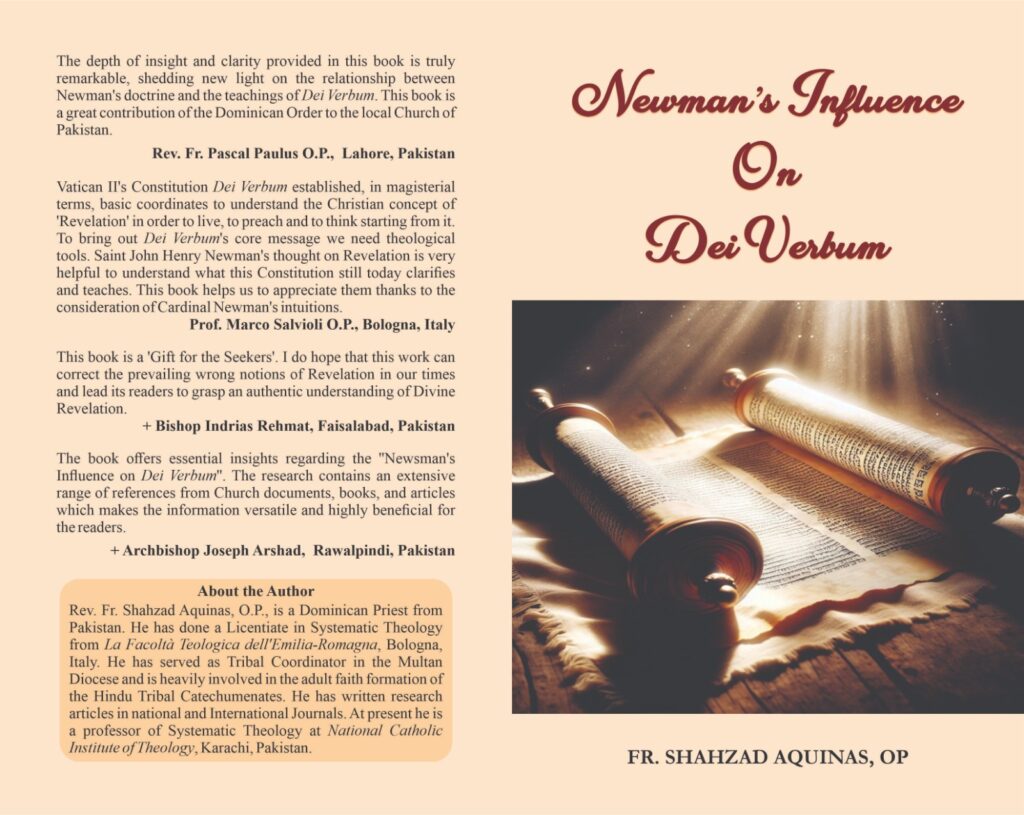
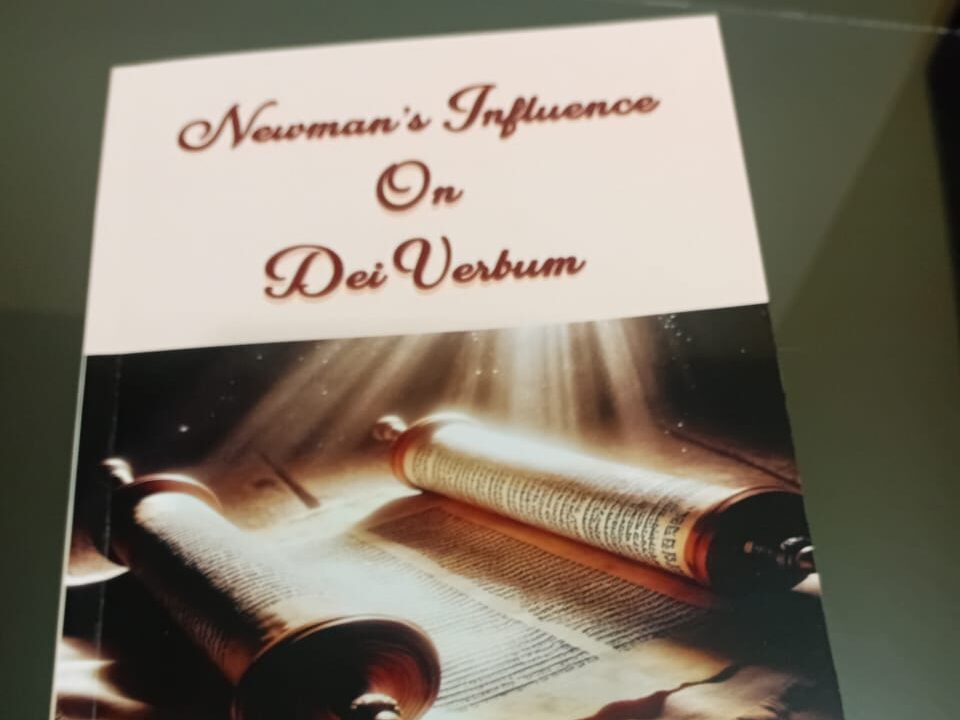
- Newman’s Doctrine of Divine Revelation – exploring Newman’s belief that revelation is the “initial and essential idea of Christianity,” and clarifying his teaching on the relationship between natural religion and divine revelation.
- Newman and Vatican II’s Dei Verbum – analyzing the Council’s treatment of the development of doctrine, the personal and propositional dimensions of revelation, and the renewal of theological style.
This approach situates Newman as a bridge between 19th-century theological debates and the 20th-century renewal of the Church’s understanding of revelation.
Commendations and Reviews
The book has received strong praise from local and international scholars and Church leaders:
- Rev. Fr. Pascal Paulus OP, Lahore:
“The depth of insight and clarity provided in this book is truly remarkable, shedding new light on the relationship between Newman’s doctrine and the teachings of Dei Verbum.” - Prof. Marco Salvioli OP, Bologna, Italy:
“Saint John Henry Newman’s thought on revelation is very helpful to understand what this Constitution still today clarifies and teaches. This book helps us appreciate them thanks to the consideration of Cardinal Newman’s intuitions.”
- Bishop Indrias Rehmat, Faisalabad:
“This book is a gift for the seekers. I do hope it corrects the prevailing wrong notions of revelation and leads readers to grasp an authentic understanding of Divine Revelation.” - Archbishop Joseph Arshad, Rawalpindi:
“The book offers essential insights regarding the Newman’s influence on Dei Verbum. Its extensive references make the research highly versatile and beneficial.”
About the Author

Fr. Shahzad Aquinas, OP, is a Dominican priest from Pakistan. He holds a Licentiate in Systematic Theology from La Facoltà Teologica dell’Emilia-Romagna, Bologna, Italy. He has served as Tribal Coordinator in the Multan Diocese, particularly in adult faith formation among Hindu Tribal Catechumens. Currently, he is Professor of Systematic Theology at the National Catholic Institute of Theology, Karachi. His academic contributions include published research articles in national and international journals.
A Gift for the Church in Pakistan
The publication of Newman’s Influence on Dei Verbum is not only a theological achievement but also a great service to the Church in Pakistan. It provides scholars, seminarians, and lay faithful with an accessible yet profound guide to understanding divine revelation in light of both Newman and Vatican II.
Fr. Shahzad acknowledges the support of his Dominican superiors, academic mentors, and Catholic Bible Commission Pakistan (CBCP) for making this work possible.
Conclusion
As Pakistan celebrates this important contribution, Newman’s Influence on Dei Verbum stands as a valuable resource for those seeking to deepen their understanding of divine revelation, the development of doctrine, and the living tradition of the Church.
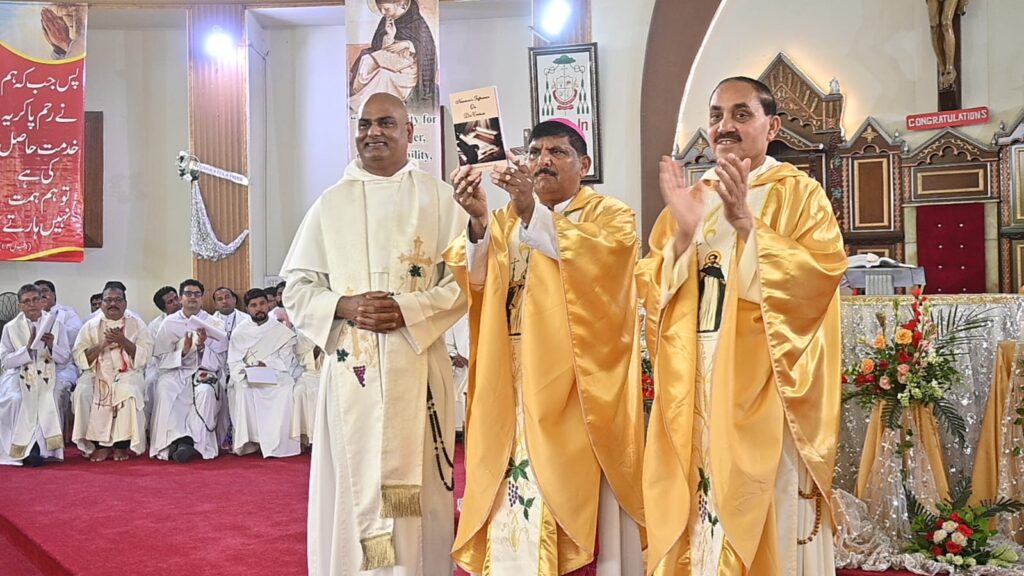
The Catholics: Lahore Focus commends this work to all readers—priests, seminarians, religious, and laity alike—as a tool for faith formation and a deeper appreciation of the theological heritage of Newman and the Second Vatican Council.
Share it:


